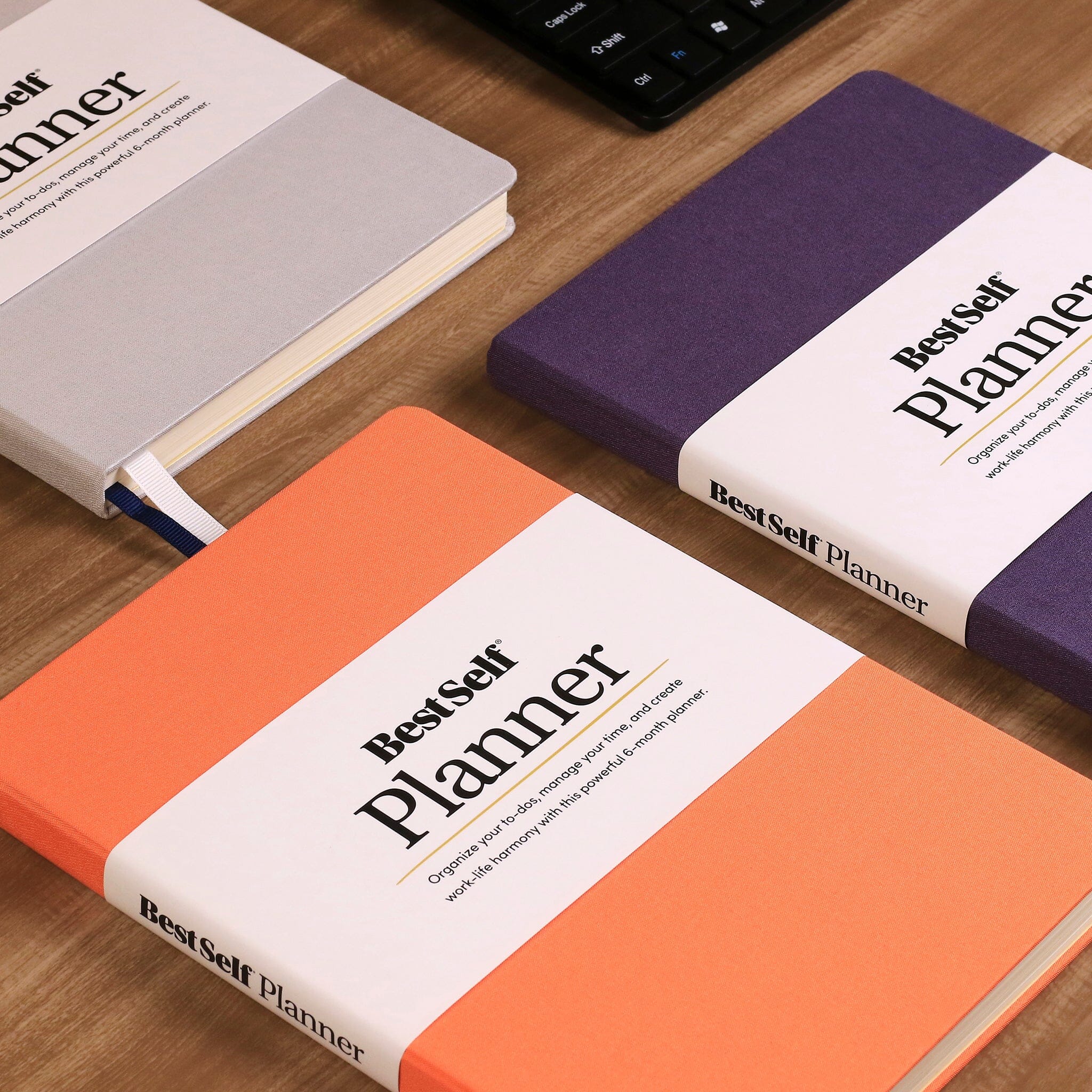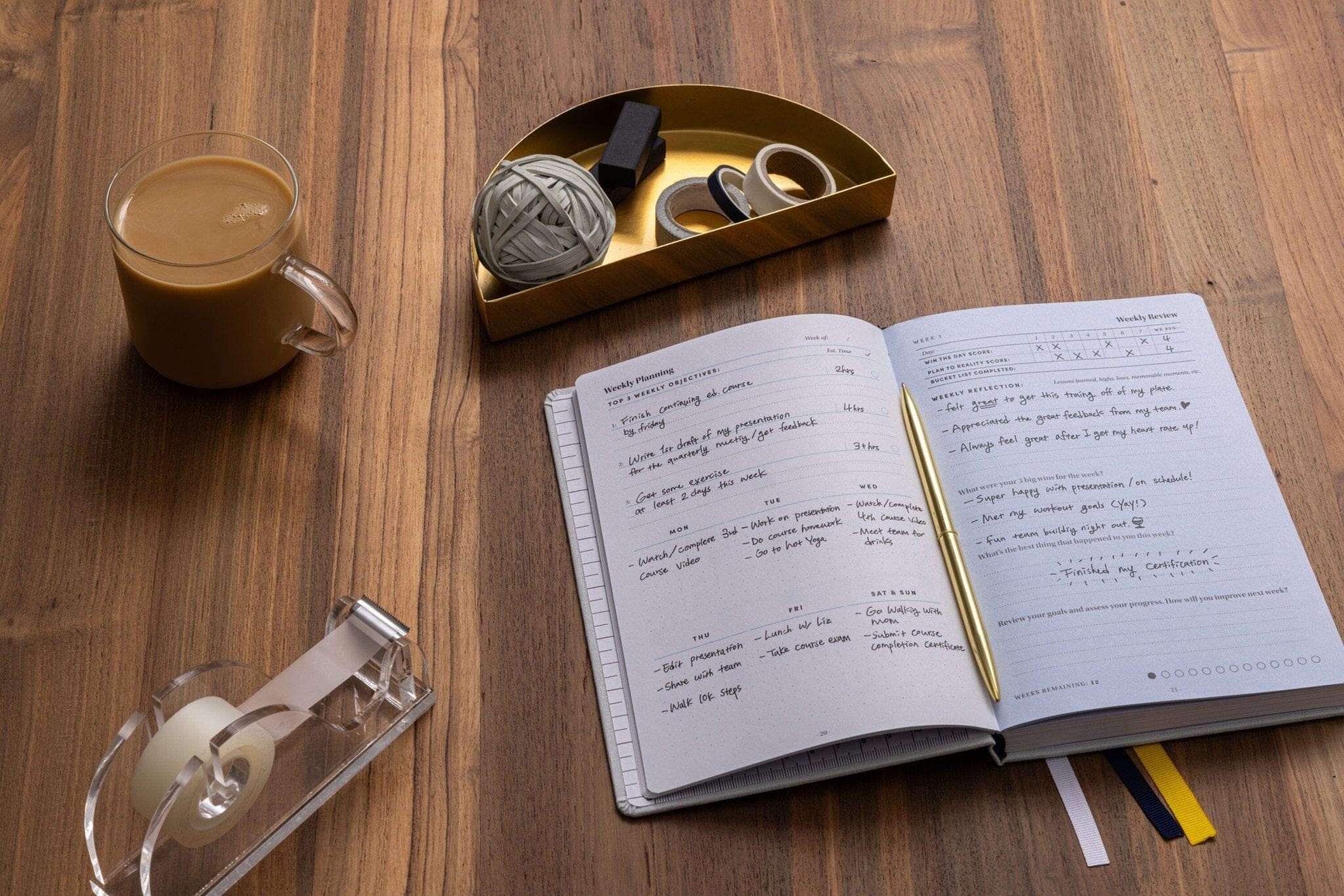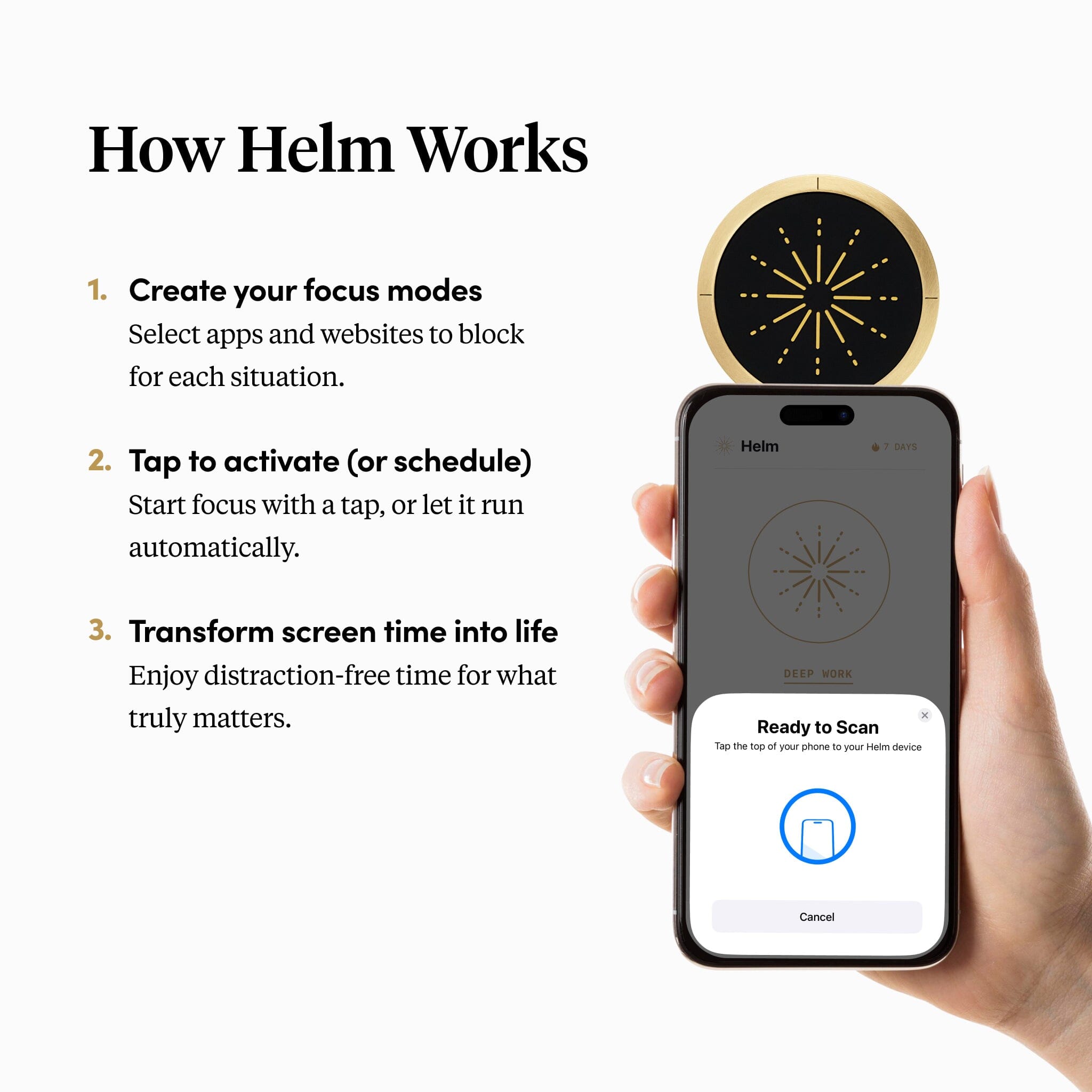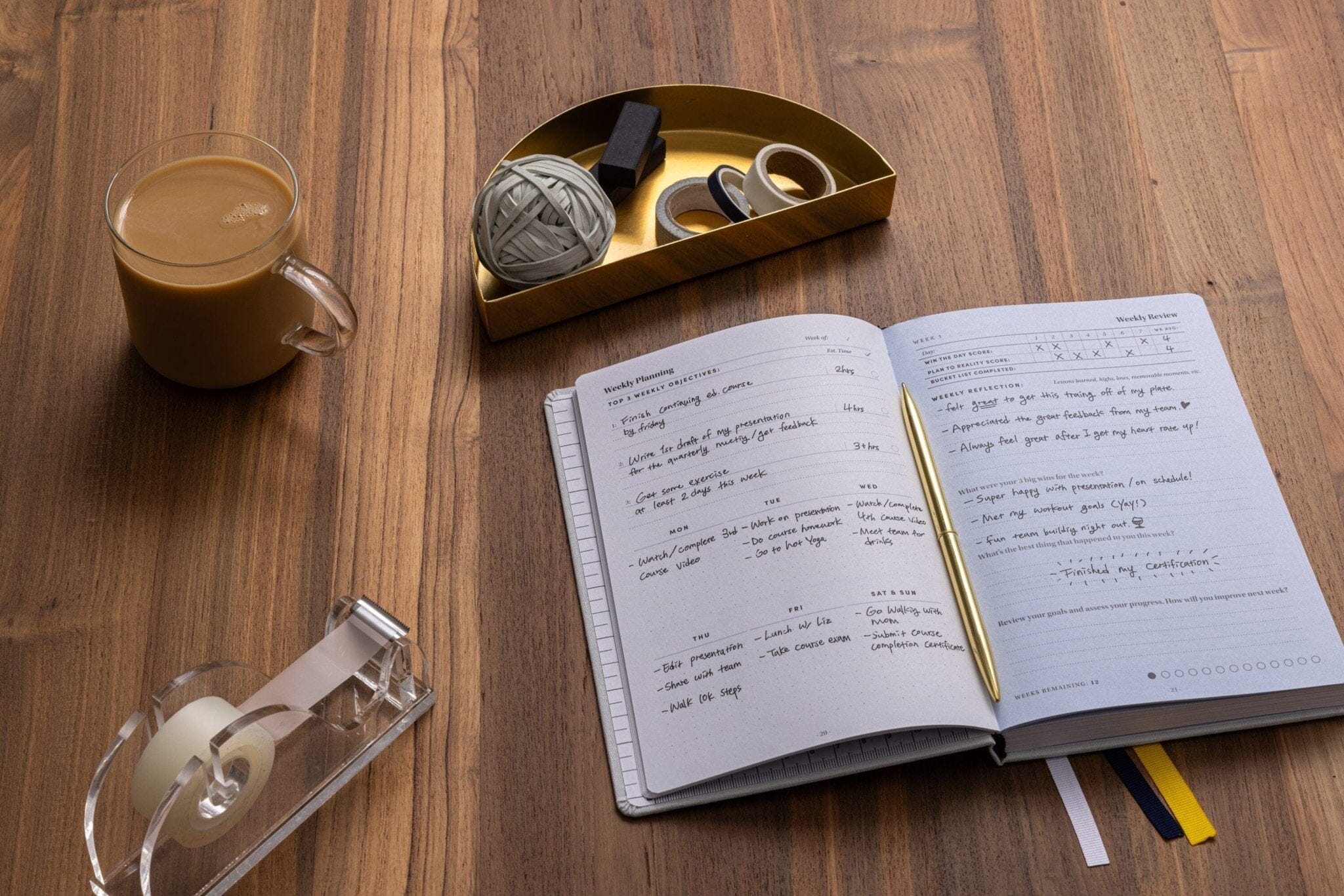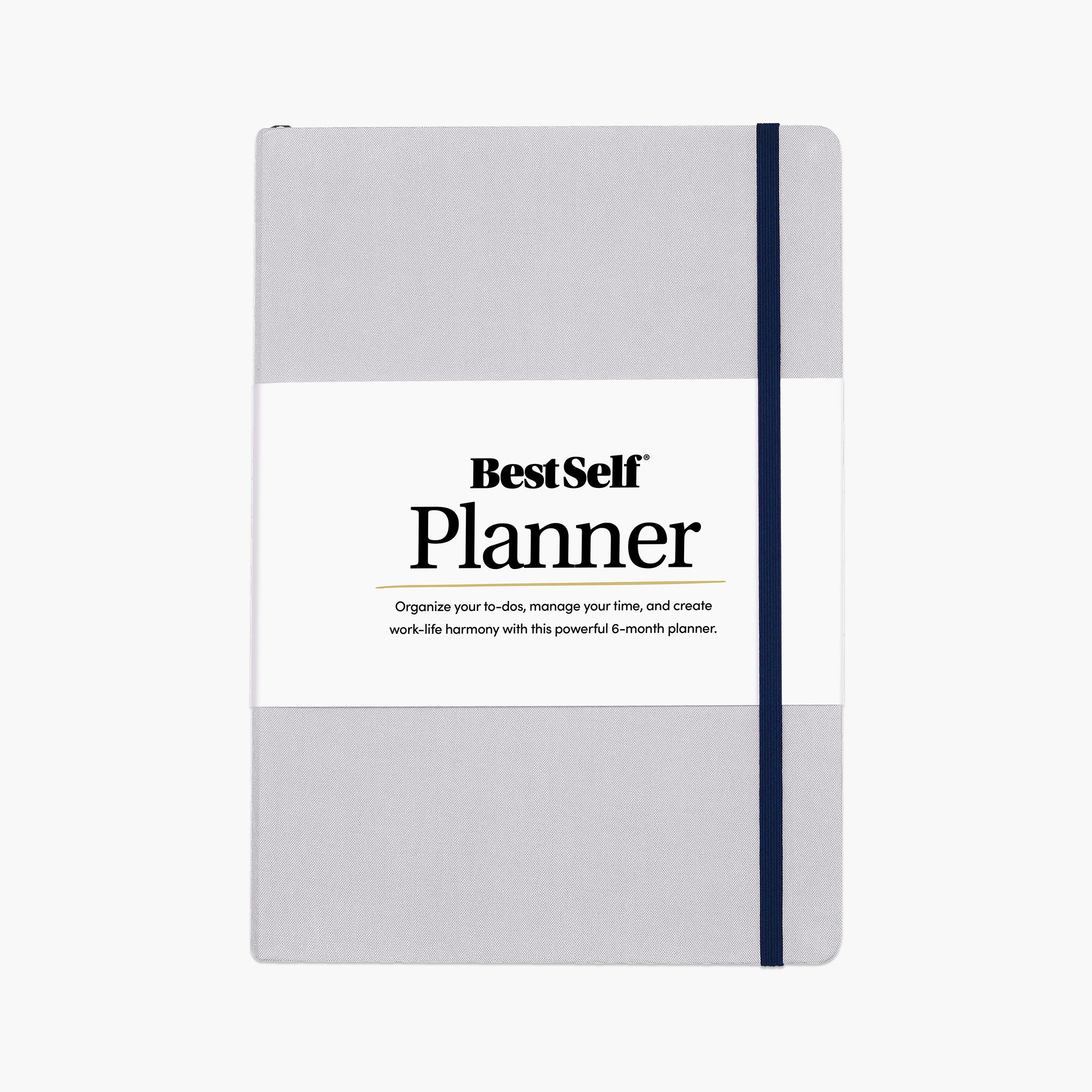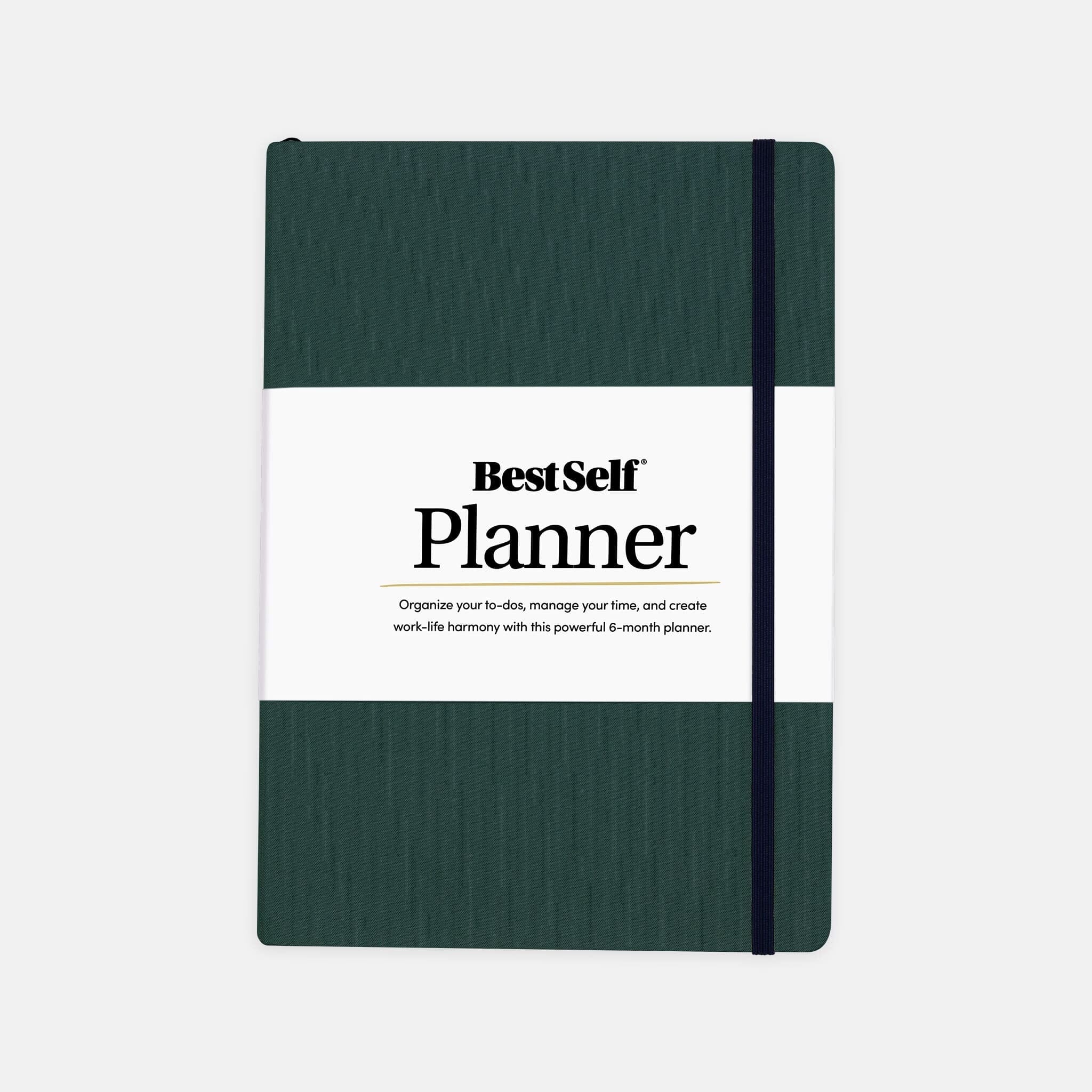Guest Post by Sharing the Wander
Long road trips with kids include all kinds of challenges, from entertainment to snack foods. But have you considered how to keep your kids emotionally grounded during a long road trip? Keeping kids communicating, appreciative, and with some sort of perspective can be challenging even when you’re not traveling, and only gets harder with the stresses of travel.
Road trips often alternate between long stretches of time in the car, which can lead to whining and boredom, and then stretches of intense activity and experience which can be overwhelming for kids to process.
At Sharing the Wander, we’ve spent months in the car with our kids, exploring the United States, from cities to national parks. Here are a few ways we’ve learned to use some of that time to help kids to stay grounded throughout the road trip.
This article may contain affiliate links, which means we may earn a small commission if a reader clicks through and makes a purchase. All our recommendations are our own, and are in no way influenced by any advertiser or commercial initiative.
1. Journaling
Journaling is a powerful way for people of all ages to process their emotions and experiences. A road trip is a great time to start or reinforce this habit with your kids. Even younger kids who aren’t ready for full journal entries may find ways to express themselves through images and labelling those images.
Try purchasing a journal for each kid specifically to document whatever they choose about the trip. It could be a list of stops, a record of their memories, or more personal journal entries. Let children know that journals are private, and they won’t be expected to share if they don’t want to.
For kids who are starting to write, but aren’t sure what to write about, try a book of creative story prompts to help them get started. Another recommendation is The Little Hero’s Journal from BestSelf Co. which is a guided journaling experience that inspires children to cultivate a can-do attitude and a positive mindset. For adults, we recommend the 30-Day Gratitude Journal from BestSelf.
Try setting aside time some time in the car for everyone to quietly focus on journaling or drawing at the same time. If everyone is engaged in the same activity, it can spark some quality family time together.
2. Practice Yoga
Yoga is a wonderful tool for grounding kids. All you need is a YouTube account and some floor space! Our girls love to do yoga with Jamie of Cosmic Kids Yoga fame, but there are many choices online, and they are free! While kids are having fun and moving their bodies, they are also learning traditional yoga postures, and getting comfortable with a practice that will be useful to them throughout their lives.
Yoga specifically geared toward kids is usually 10-20 minutes long, and takes kids through postures while listening to a story. There are also programs that include a bit of meditation at the beginning or end as well. Try starting or ending the day with a few minutes of yoga. If you don’t have a great internet connection, even a few minutes of stretching is helpful.
3. Model Flexibility
The best way to help kids find (and keep) perspective, is to model it yourself. Kids absorb the energy around them, so when things go wrong, take a deep breath and try to model patience and flexibility. Part of travel is adjusting when things go wrong- whether the restaurant you planned to eat at is closed, you get a flat tire, or the fog rolls in right before you reach sunset point. These smaller set backs are a great way for kids to practice the resilience they will need for bigger challenges they will face in their lives down the road.
4. Little Talk Conversation Cards
Little Talk Conversation Cards are a great way to get the whole family talking and sharing. This is also a great time for kids to express how they are feeling, and communicate what they need. You may be surprised to hear their answer to “What do you wish mom and dad did more of?”.
These cards are designed to be accessible and appropriate for all ages. The prompts range from serious and introspective “Tell me about a time when you felt pressured”, to more light-hearted “If you could have superhero powers, what would they be and why?” You’ll laugh at some, others will make you’ll think, and you’ll be surprised what you learn about each other!
Kids also learn from emulating adults, so hearing adults tell stories from their past or discuss their own hopes and dreams can be powerful. These cards are also great to use at meal times, or during long drives.
5. Exercise
Exercise is a really important part of keeping kids grounded and centered. Try to incorporate exercise of some kind into your daily schedule. On a long drive day, that may mean stopping for a picnic lunch with some time at a playground afterwards. We have also run races in a small green area at a rest stop. In a big city, that may mean walking around town, or playing at the beach.
Whatever form it takes, a little exercise helps kids reestablish balance. After exercise, you’ll find kids are better able to handle the challenges of the world around them.
6. Writing Postcards to Friends and Family
Separation from friends and family can be one of the hardest parts of traveling for kids. One of the best ways to mitigate this, is by writing postcards to send to loved ones. Talk about how it feels to receive a postcard (and how rare that is these days)! Postcards are a great way for kids to put feelings onto paper, without feeling intimidated about filling a whole letter, and then send a little love in the mail.
7. Daily “Best and Worst”
One of our favorite ways to end the day is with a round of “Best and Worst”. We take turns going around the table at dinner and each person shares one thing that was “the worst” about the day, and one thing that was “the best”. This is a great tool for listening to each other, and seeing the day from someone else’s perspective.
If you had a great day, it’s ok to not have a “worst”, but everyone must have a “best”, as there is always some good - in even a lousy day. As a bonus, we also add a category “What I’m Looking Forward to”, which can be about the next day, or many days into the future. Feel free to make rules or categories that make sense for your family.
There You Have it!
These are 7 great ways to help your kids stay grounded on a long road trip. From exercise to practicing gratitude, these simple exercises will help your kids find their balance. What’s your favorite way to work on perspective and gratitude with kids?
Planning a road trip with kids? Don’t miss our post A Road Trip with Kids and Toddlers: 20+ Tips to Survive and Thrive.





